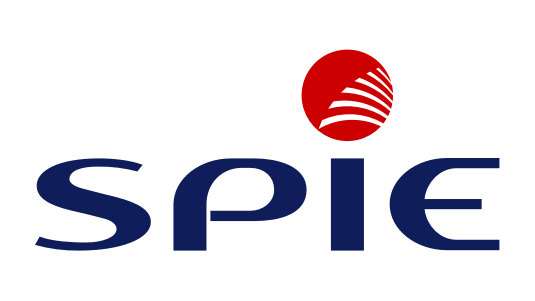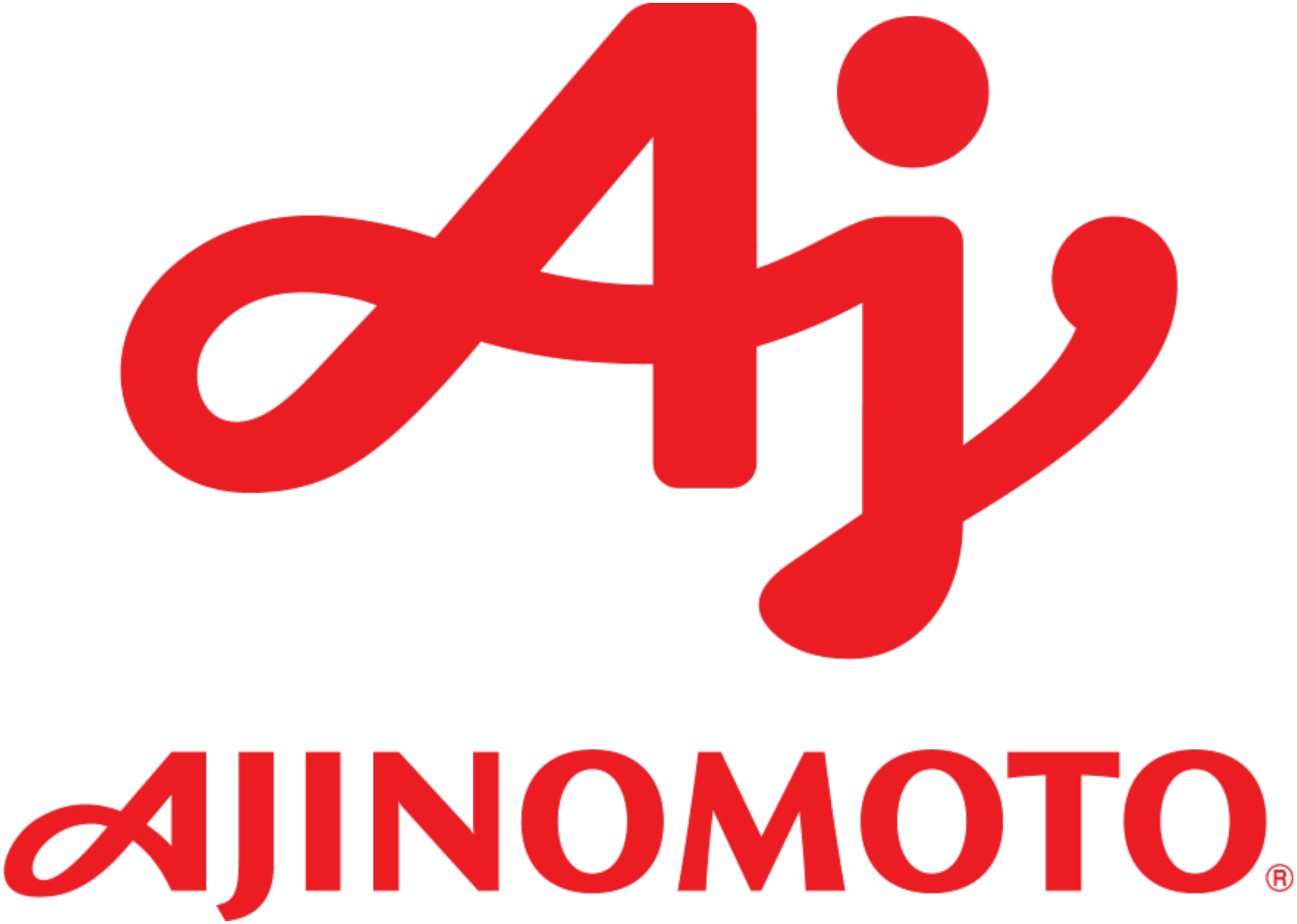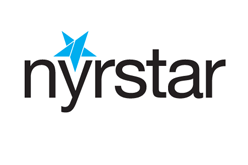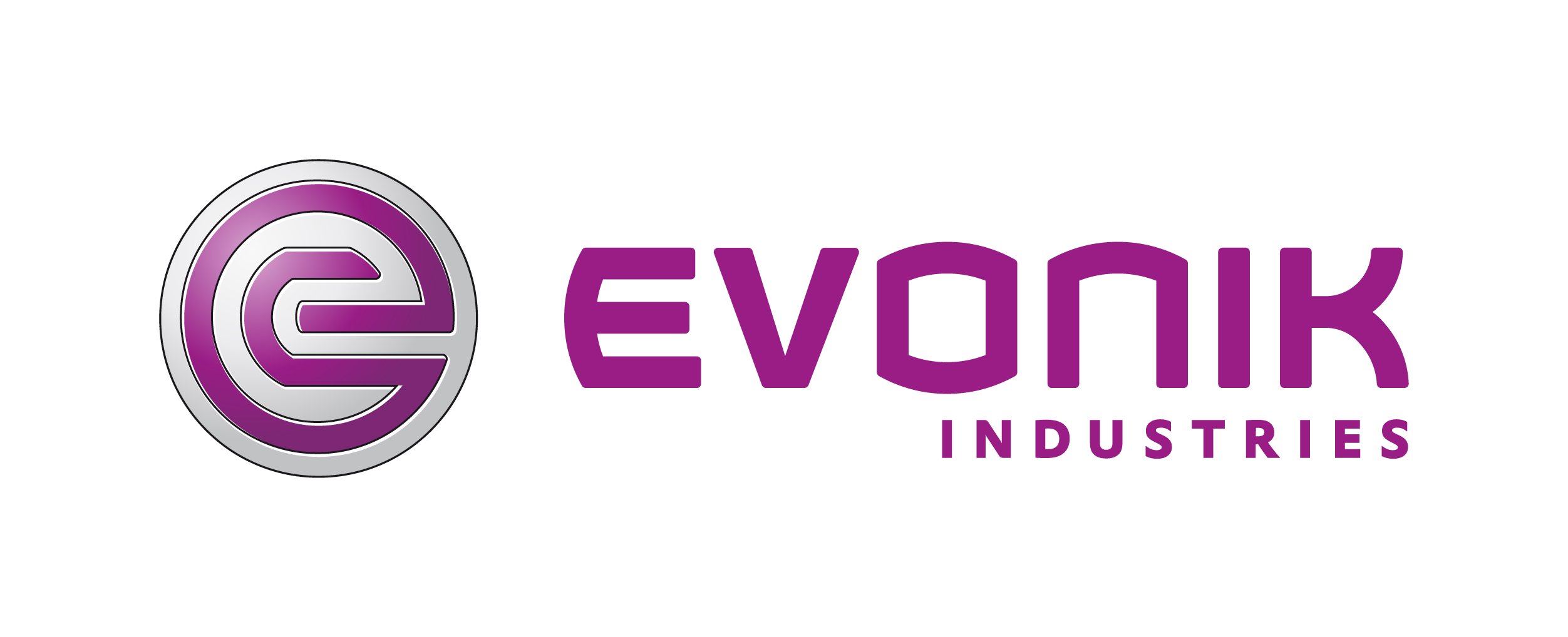Safety and Compliance Officers in the food industry face unique challenges daily. Balancing stringent regulations, managing hazardous materials, and ensuring the safety of both employees and contractors is a complex task. This article explores how digital contractor management can transform these critical roles and help them meet modern-day demands effectively.
The difficult role of Safety and Compliance Officers
Safety and Compliance Officers are at the forefront of ensuring that organizations adhere to food safety regulations. They are tasked with developing and implementing safety protocols, managing risk assessments and safety audits, overseeing contractor safety and compliance, and investigating incidents to implement preventive measures. These responsibilities are further compounded by the need to keep up with rapidly changing regulations, manage diverse contractor workforces with varying safety cultures, balance safety requirements with operational efficiency, and maintain accurate records for audits and inspections.
How Digital Contractor Management addresses these challenges
Digital contractor management systems, such as Onyx One, offer real-time compliance monitoring, which provides instant visibility into contractor compliance status. This allows Safety Officers to quickly identify and address non-compliance issues, ensuring that only qualified contractors access sensitive areas and reducing the risk of regulatory violations and associated penalties.
Streamlining safety training and certification is another significant advantage. Integrated training management systems enable officers to track contractor certifications and qualifications in real-time, automate reminders for expiring certifications, and ensure all contractors receive site-specific safety training. Automated training systems can reduce administrative tasks by up to 30%, allowing officers to focus on more strategic initiatives.
Companies using real-time compliance monitoring report a 40% reduction in compliance-related incidents, showcasing the effectiveness of such systems.

Enhanced incident reporting and analysis are crucial for maintaining high safety standards. Digital tools facilitate immediate incident reporting from any location and allow comprehensive data collection for thorough investigations. Additionally, trend analysis helps identify recurring safety issues, enabling proactive measures. Real-time reporting can improve incident response times by 50%, significantly reducing the impact of potential hazards.
Efficient risk assessment is another key benefit. Digital contractor management systems allow Safety Officers to conduct and update risk assessments more frequently, quickly adapt safety protocols based on changing conditions, and ensure contractors are aware of site-specific risks before arrival. Proper risk management can decrease workplace accidents by 20%, highlighting the importance of these systems in enhancing workplace safety.
Improved audit preparedness is also a major advantage. With digital systems, Safety and Compliance Officers can maintain centralized, easily accessible safety records, generate comprehensive reports for internal and external audits, and demonstrate due diligence in contractor management. Enhanced digital records improve overall compliance rates by 25%, underscoring the value of having an organized and accessible system.
For Safety and Compliance Officers in the food industry, digital contractor management offers a powerful solution to the complex challenges they face. By leveraging these technologies, they can shift from reactive to proactive safety management, focusing on strategic initiatives that drive continuous improvement in safety performance.
Embracing digital solutions not only streamlines processes but also elevates the role of Safety and Compliance Officers. It enables them to become key strategic partners in their organizations, driving safety culture from the top down and ensuring that both employees and contractors return home safely every day.
As regulations become more complex and the pressure for operational efficiency increases, digital contractor management will be an essential tool for Safety and Compliance Officers looking to excel in their roles and drive meaningful change in their organizations.
Ready for action?

















